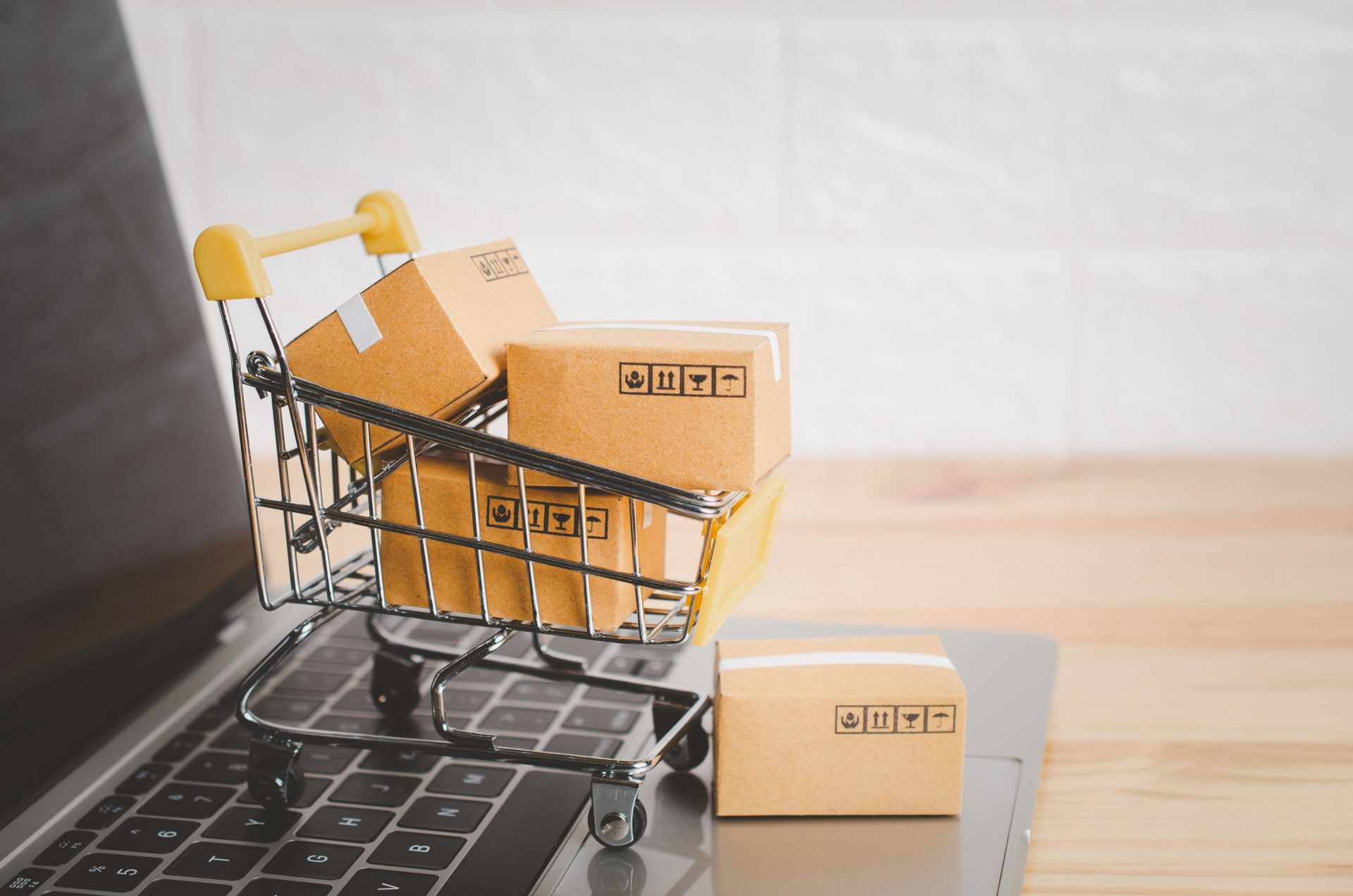Procurement trends in CPG have been impacted by automation, sustainability, and strategic long-term planning in a post-pandemic market.
The past few years have seen a seismic shift in the consumer packaged goods (CPG) industry. Supply chain issues, changes in consumer preferences, and shifts to digital points of sale have all accelerated emergent trends in the sector. The broader move towards direct-to-consumer (DTC) for most products means that at all levels, consumer packaged goods procurement must adapt to this new reality.
Strategic sourcing in CPG procurement is essential for smooth operations in this radically shifting market. The need for strong leadership as the industry undergoes a digital transformation is therefore paramount. Challenges and opportunities must be met head-on and forecasted, as the entire industry acclimates to a post-Covid market.
This article reviews the trends, challenges, and opportunities inherent in this transition, for both established and emergent players in CPG.
The industry enters a new era
Broadly speaking, consumer packaged goods procurement is undergoing 3 major trends in the current market.
The first is the rise of automation. Supply chain disruption and unpredictable consumer patterns post-pandemic have greatly intensified the need to reduce inventory and standardise SKU’s, while at the same time building up the option for customisation and private labels. All of these procurement challenges can be facilitated by automation, which can also help with the massive talent shortage facing the industry.
A recent report found that up to 85 million jobs could go unfilled by 2030, with automation seen as a key method of bridging this deficit. From manufacturing all the way up the supply chain, to inventory control at POS locations, the effective use of automation can increase efficiency as well as the collection of real-time data, which in turn can improve strategic decision-making.
The second trend is a sincere focus on sustainability and ethical sourcing. In addition to customers and stakeholders placing more emphasis on sustainability issues and making their purchases accordingly, stricter regulations, both broadly and industry-specific, mean that doing the “right thing” not only makes social, marketing, and financial sense, it is now a minimum requirement in many regions. Governments worldwide are likely to become ever more restrictive on company behaviour, to reduce pollution and other factors which contribute to climate change.
The third major trend facing the industry is the rise of agile strategic planning, prioritising long-term over short-term goals as the near-term market remains in flux and prone to further disruption.
Alongside the focus on sustainability, the rise of dedicated ESG roles means that sustainability is now seen as a strategic pillar for many companies, rather than mainly a marketing or signalling initiative. This push lets strategic planning harness ESG principles to inform future decisions, including building strong long-term partnerships with like-minded suppliers, thereby creating more resiliency along the chain. Such a shift is especially important in the CPG industry, which has historically had a large carbon footprint and is prone to wastage.
The role of procurement professionals in CPG
The implications of these changes are both profound and exciting. As the market shifts, the need for a reduction in wastage, lower SKU’s, customisation, and more diversified supply chains to prevent bottlenecks mean that procurement departments need to bring aboard more agile and tech-savvy leaders. As the industry moves away from cost-cutting and towards data-driven supply chain resilience, demand will grow for senior talent who see themselves as key transformation enablers.
The rise of DTC promises larger margins along with the removal of some middlemen. New challenges and opportunities will accompany this shift, as companies deal with consumers directly by offering the convenience of shopping online. Senior talent must have a clear direction as the rise of digital marketing, subscription-based sales, and improved delivery options put the CPG industry closer to the consumer than ever before.
Mid-level procurement professionals will also need to gain and apply strategic experience moving forward. Automation, data-driven low-code apps, and the rise of the blockchain allow for the customisation of technological solutions to streamline decision-making, thereby enhancing the overall efficiency of supply chain management.
Putting the right talent to work
As the industry adjusts to these radical challenges, the need for capable and far-sighted talent is more important than ever. Facing the trends and opportunities in the shifting CPG industry can be daunting, but Connexus Global’s recruitment team can help transform your business, helping your organisation integrate new methods and technologies to make the most of its potential. Contact us today to get started.









